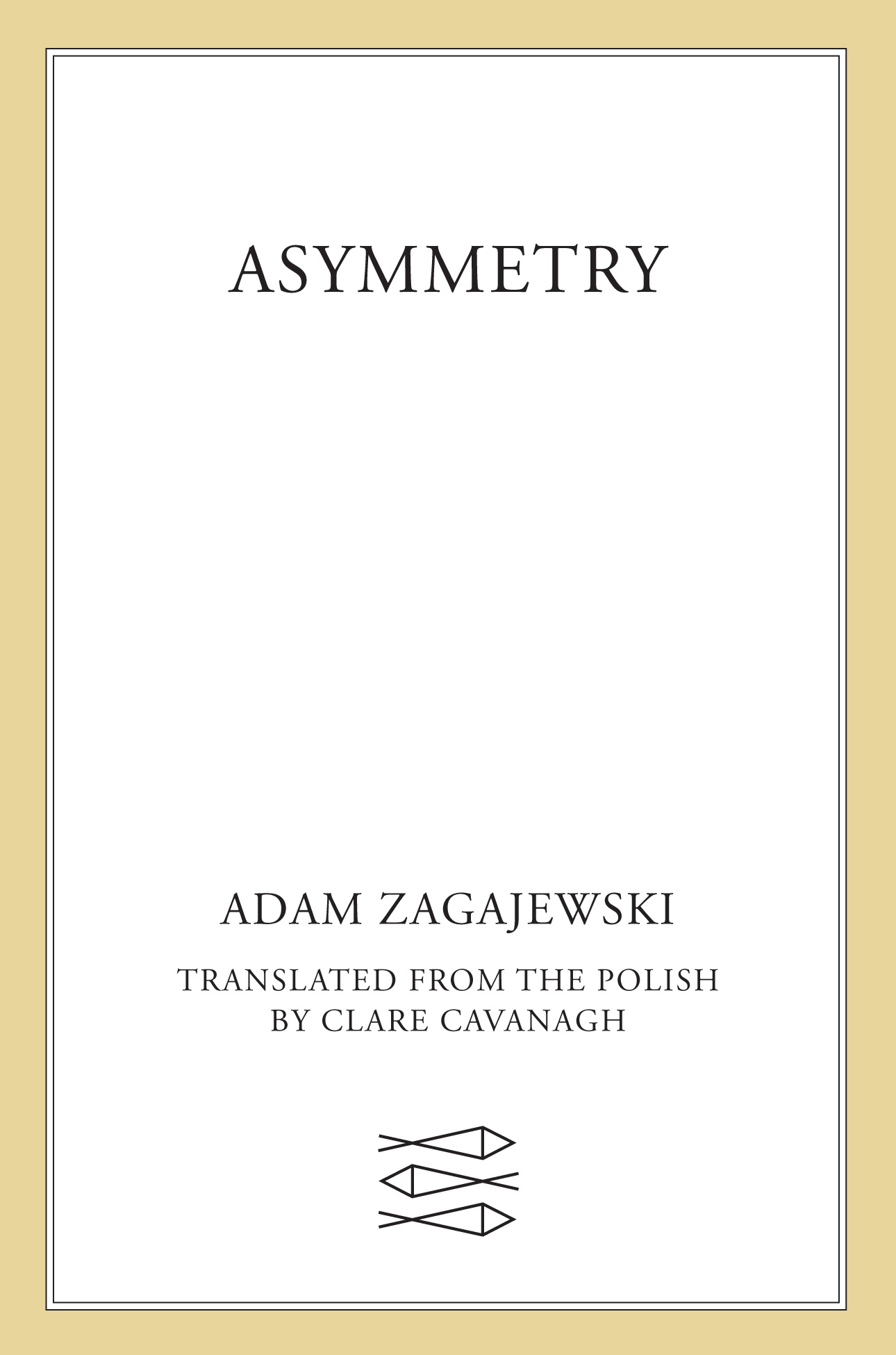

The author and publisher have provided this e-book to you for your personal use only. You may not make this e-book publicly available in any way. Copyright infringement is against the law. If you believe the copy of this e-book you are reading infringes on the authors copyright, please notify the publisher at: us.macmillanusa.com/piracy. It was a day nowhere just after I got back from my fathers funeral, a day between two continents; lost, I walked the streets of Hyde Park catching shreds of American voices. I belonged nowhere, I was free, but if this is freedom, I thought, Id rather be a good kings, a kindly emperors, captive; leaves swam against red autumns current, the wind yawned like a foxhound, the cashier in a grocery store, nowhere, couldnt place my accent and asked Where are you from? but Id forgotten, I wanted to tell her about my fathers death, then thought: Im too old to be an orphan; I was living in Hyde Park, nowhere, Where fun comes to die, as college students elsewhere said, a little enviously.
It was a faceless Monday, craven, vague, a day without inspiration, nowhere, even grief didnt take a radical shape; it strikes me that on such days even Chopin would commit himself at best to giving lessons to wealthy, aristocratic pupils; suddenly I remembered what Doctor Gottfried Benn, the Berlin dermatologist, said about him in one of my favorite poems: when Delacroix expounded his theories, it made him nervous, he for his part could offer no explanation of the Nocturnes, these lines, both ironic and tender, always filled me with joy, almost like Chopins music itself. I knew one thing: night too needed no explanation, likewise pain, nowhere. Poets are Presocratics. They understand nothing. They listen to the whispers of broad, lowland rivers. They admire birds in flight, calm suburban gardens, High-speed trains rushing breathlessly ahead.
The scent of fresh, hot bread drifting/wafting from a bakery stops them in their tracks, as if theyd just remembered something vital. A mountain stream murmurs, a philosopher bows to the wild water. Little girls play with dolls, a black cat waits impatiently. The quiet above August fields, when the swallows fly away. Cities too have their dreams. Poets stroll along dirt roads.
The road has no end. Sometimes they prevail, then everything stands still but their reign is short-lived. A rainbow appears, and fear vanishes. They know nothing, they jot down isolated metaphors. They bid the dead farewell, their lips move. They watch as green leaves overtake old trees.
Theyre long silent, then they sing and sing until their throats burst. It was summer on the Mediterranean, remember, near Toulon, a dry summer, self-absorbed, speaking some incomprehensible dialect, so we caught only scraps of salty words, it was summer in evenings slant light, in the pale stains of stars, when the buzz of countless trifling conversations had died out and only silence waited for a sleepy bird to speak, summer in the daily explosion of noon, when even the cicadas fainted, that summer, when the azure water opened, welcoming, so welcoming that we forgot completely about amphoras lying for thousands of years on the sea bottom, in darkness, in solitude; it was summer, remember, when the privet leaves, always green, laughed, it was July, when we first befriended that little black cat who seemed so intelligent to us, it was the same summer when, in Srebrenica, men and boys were being killed; and there were countless dry shots, and no doubt also heat and dust, and cicadas, mortally afraid. Marathoners, just after the race, proud and exhausted, in capes blazoned with the name Bank of America congregate on Chicagos main street like ancient heroes, parade before Sunday strollers, pose happily for photos, countless flashes illuminate the air. Then evening falls, heroics slowly evaporate, the good moon returns, benign as always. Purple clouds in the sky can tell us nothing. Once more the world hushes.
Krakow was overcast that morning, the hills steamed. It was raining in Munich, in valleys the Alps lay hidden and heavy as stones. Only in Athens did I glimpse the sun, it turned the air, the whole air, the whole immense flotilla of the air to trembling gold. As the religious writers say: I suddenly became a new man. Im just a tourist in the visible world, one of a thousand shadows drifting through airports vast halls and my green suitcase, like a faithful dog, follows me on little wheels. Mr. Mr.
Wladziu was a barber (haircuts, mens and womens, on Karmelicka Street). Short and slight. Interested in one thing only: angling. He liked to talk about the ways of fish, how drowsy they become in winter, when the cold is biting, murderous, almighty, how you must respect their sleep. They rest then, lie in the dense water like clocks, like new arrivals from another planet. Mr. Mr.
Wladziu even represented Poland once or twice in angling, but something went wrong, I dont remember what, too hot, or maybe rain, or low-lying clouds. By the time he got to the doctor, it was too late. Karmelicka Street didnt notice his departure: the trams shriek on the curve, the chestnuts bloom ecstatically each year. Let me go; I wasnt made for jail. OSIP MANDELSTAM
(arrested in Theodosia in 1920) Mandelstam was not mistaken, he wasnt made for jail, but jails were made for him, countless camps and prisons waited for him patiently, freight trains and filthy barracks, railroad switches and gloomy waiting rooms kept waiting till he came, secret police in leather jackets waited for him and party hacks with ruddy faces. I will not see the famous Phaedra, he wrote.
The Black Sea didnt shed black tears, pebbles on the shore tumbled submissively, as the wave desired, clouds sailed swiftly across the inattentive earth. Each poem, even the briefest, may grow into a full-blown epic, it may even seem ready to explode, since it conceals everywhere immense stores of wonder and cruelty patiently awaiting our gaze, which may release them, unfold them, just as a highways bow unfolds in summer but we dont know what will prevail, if our imagination can keep pace with its rich reality, and so each poem has to speak of the worlds wholeness; alas, our minds are elsewhere, our lips are thin and sift images like Molires miser. Some spoke Polish, others German, only tears were cosmopolitan. Wounds didnt heal, they had long memories. Coal shone as always. No one wanted to die, but life was harder.
Much strangeness, strangeness didnt speak. We arrived like tourists, with suitcases we stayed on. We didnt belong to that earth, but it received us openheartedly it received you both. As kingfishers catch fire G. M. HOPKINS I saw how the kingfisher in flight just above the seas surface, a flight as straight as Euclids life, straight and violent, exploded suddenly into every color, I saw how the worlds wild light seized its wings, but not to kill it, just to make certain that this iridescent bullet safely strikes the rocky shore, the nest thats hidden there, a flame, so it seems, may also be a shelter, a dwelling, in which thoughts ignite but are not destroyed, a prison that frees us from indifference, a mighty oxymoron, sometimes a poem too, almost a sonnet.
I could never say anything about my mother: how she kept saying, youll be sorry someday, when Im not around anymore, and how I didnt believe in either Im not or anymore, how I liked watching as she read bestsellers, always flipping to the last chapter first, how in the kitchen, convinced its not her proper place, she made Sunday coffee, or, even worse, filet of cod, how she studied the mirror while expecting guests, making the face that best kept her from seeing herself as she was (I take after her in this and other failings), how she went on at length about things that werent her strong suit and how I stupidly teased her, for example, when she compared herself to Beethoven going deaf, and I said, cruelly, but you know he had talent, and how she forgave it all and how I remember that, and how I flew from Houston to her funeral and they showed a comedy in flight and I wept with laughter and grief, and how I couldnt say anything and still cant. Back then Gliwice had a cinema, Grayna, christened in honor of another cinema in Lvov, on Sapieha Street and Coldwater Street, named in honor of faded maps, now vanished, still runs along the oily, black river (runs, or maybe just walks calmly); other efforts to change this town into that one were also undertaken, countless bold experiments that never worked, the alchemists labored late into the night, the philosophers stone was sought, spirits and places were summoned up, powers were invoked, both high and low, but forgetting triumphed in the end, forgetting, round as a ball, sweet as a strawberry, final as judgment. We know what art is, we recognize the sense of happiness it gives, difficult at times, bitter, bittersweet, sometimes only sweet, like Turkish pastry. We honor art, since wed like to know what our life is. We live, but dont always know what that means. So we travel, or just open a book at home.


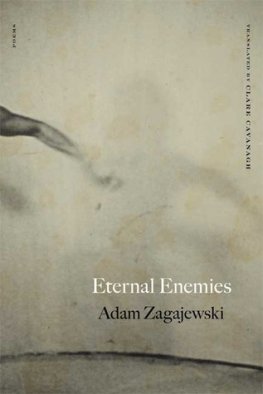
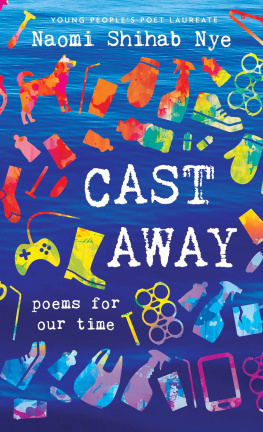
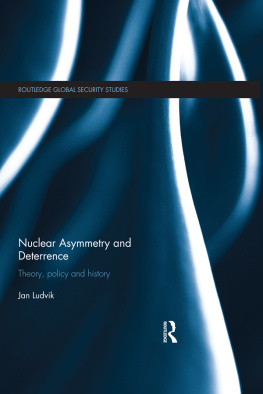
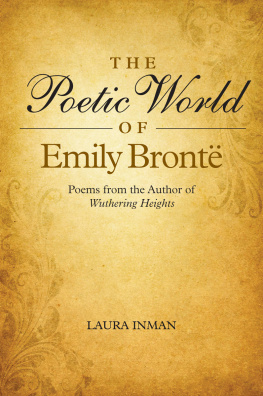

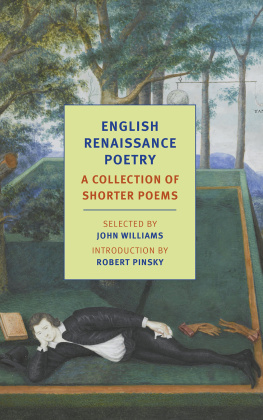

 The author and publisher have provided this e-book to you for your personal use only. You may not make this e-book publicly available in any way. Copyright infringement is against the law. If you believe the copy of this e-book you are reading infringes on the authors copyright, please notify the publisher at: us.macmillanusa.com/piracy. It was a day nowhere just after I got back from my fathers funeral, a day between two continents; lost, I walked the streets of Hyde Park catching shreds of American voices. I belonged nowhere, I was free, but if this is freedom, I thought, Id rather be a good kings, a kindly emperors, captive; leaves swam against red autumns current, the wind yawned like a foxhound, the cashier in a grocery store, nowhere, couldnt place my accent and asked Where are you from? but Id forgotten, I wanted to tell her about my fathers death, then thought: Im too old to be an orphan; I was living in Hyde Park, nowhere, Where fun comes to die, as college students elsewhere said, a little enviously.
The author and publisher have provided this e-book to you for your personal use only. You may not make this e-book publicly available in any way. Copyright infringement is against the law. If you believe the copy of this e-book you are reading infringes on the authors copyright, please notify the publisher at: us.macmillanusa.com/piracy. It was a day nowhere just after I got back from my fathers funeral, a day between two continents; lost, I walked the streets of Hyde Park catching shreds of American voices. I belonged nowhere, I was free, but if this is freedom, I thought, Id rather be a good kings, a kindly emperors, captive; leaves swam against red autumns current, the wind yawned like a foxhound, the cashier in a grocery store, nowhere, couldnt place my accent and asked Where are you from? but Id forgotten, I wanted to tell her about my fathers death, then thought: Im too old to be an orphan; I was living in Hyde Park, nowhere, Where fun comes to die, as college students elsewhere said, a little enviously.